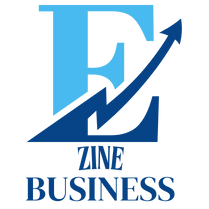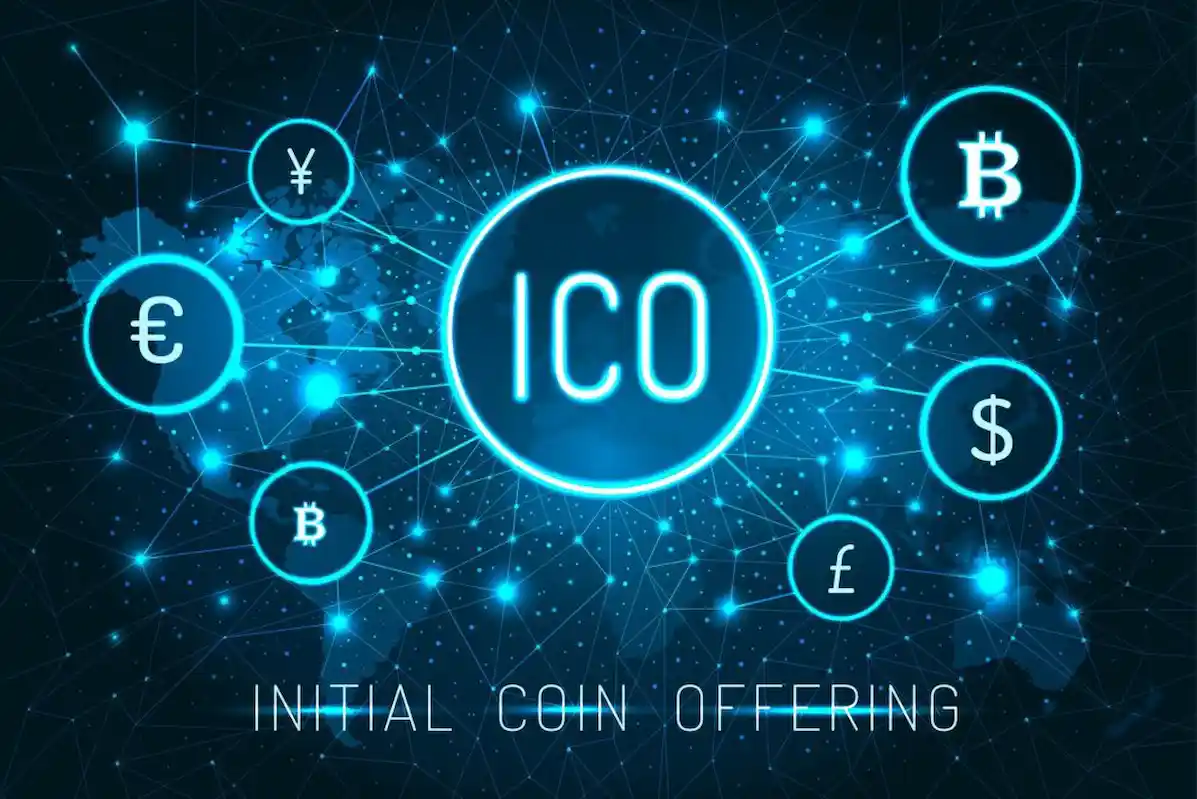Let’s look at facts: how many companies say they will become the “leader” or “change the way” in blockchain, but never will, because they are just launching an ICO to make money. The truth is that technology needs to become easier to use, serve more purposes, and be trusted and secure.
Why Fabric Token Deserves a Look
Industry businesses must feel comfortable before change can occur, and that can only happen by educating them and showing how they can benefit from new technology. Ancillary technology and software are the area that needs to grow to make this happen.
The Fabric Token ecosystem is, in a nutshell, a bundle of software that will help speed the adoption of blockchain technology. There is an apparent need for user-friendly tools, which will allow a broader spectrum of people to take advantage of the decentralized technologies of the future, and this is exactly what they are aiming to provide.
Their plan will do so in 4 main components:
1. Fabric Token – the payment means within the platform. The token will be a simple utility with which users and businesses will be allowed to use the products and services within the FT platform.
2. TokenGen – a smart contract creator geared specifically towards the token economy, i.e,. Any use case related to tokens and crowdsales. The tool is going to be released after their ICO is concluded, but they have already showcased its capabilities in this article.
3. DApp Workbench – a business application platform that will help companies integrate blockchain and smart contracts into their business process management. This is the “crown jewel” of the FT platform, as the potential is enormous and there are no similar projects in the blockchain industry as far as I am aware.
The tool will feature a drag-and-drop UI using business process diagrams and employing a subset of the BPMN language in order to allow businesses to model, create, manage, and improve their business processes. The use cases for blockchain are countless when it comes to business processes, supply chains, internal employee administration, replacement of paper documentation with digital documentation, etc, and they intend to provide support, out of the box, for as many as possible.
4. Fabric Store – a decentralized marketplace for smart contract components. Similar to the Atlassian marketplace, the Fabric Store will allow third-party developers to help expand the functionality scope, i.e,. Use cases, covered by the FT platform, provide additional smart contract templates that can be used throughout our proprietary software.
For more detailed info, I would recommend taking a look at their White Paper.
The main incentive to buy FT is that it will be the “fuel” for a platform that will fully address all difficulties with blockchain development, thus nurturing innovation in the industry a positioning itself as a pioneer ecosystem for blockchain adoption.




